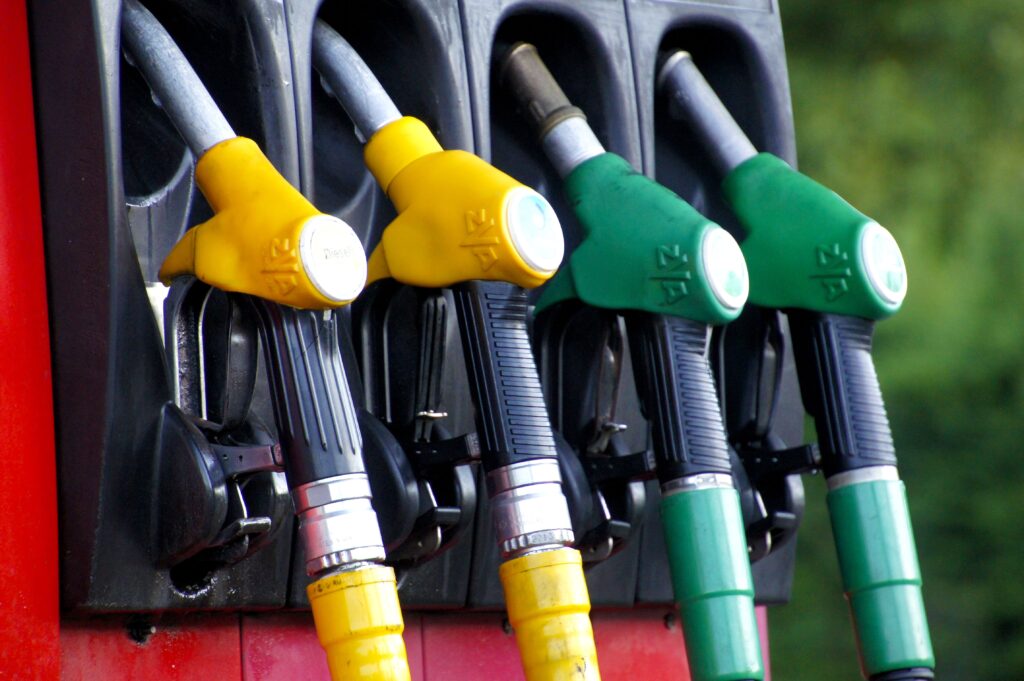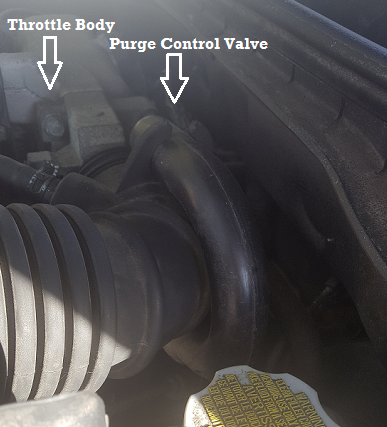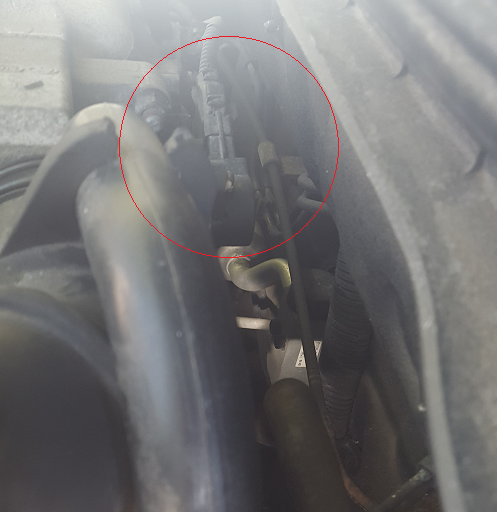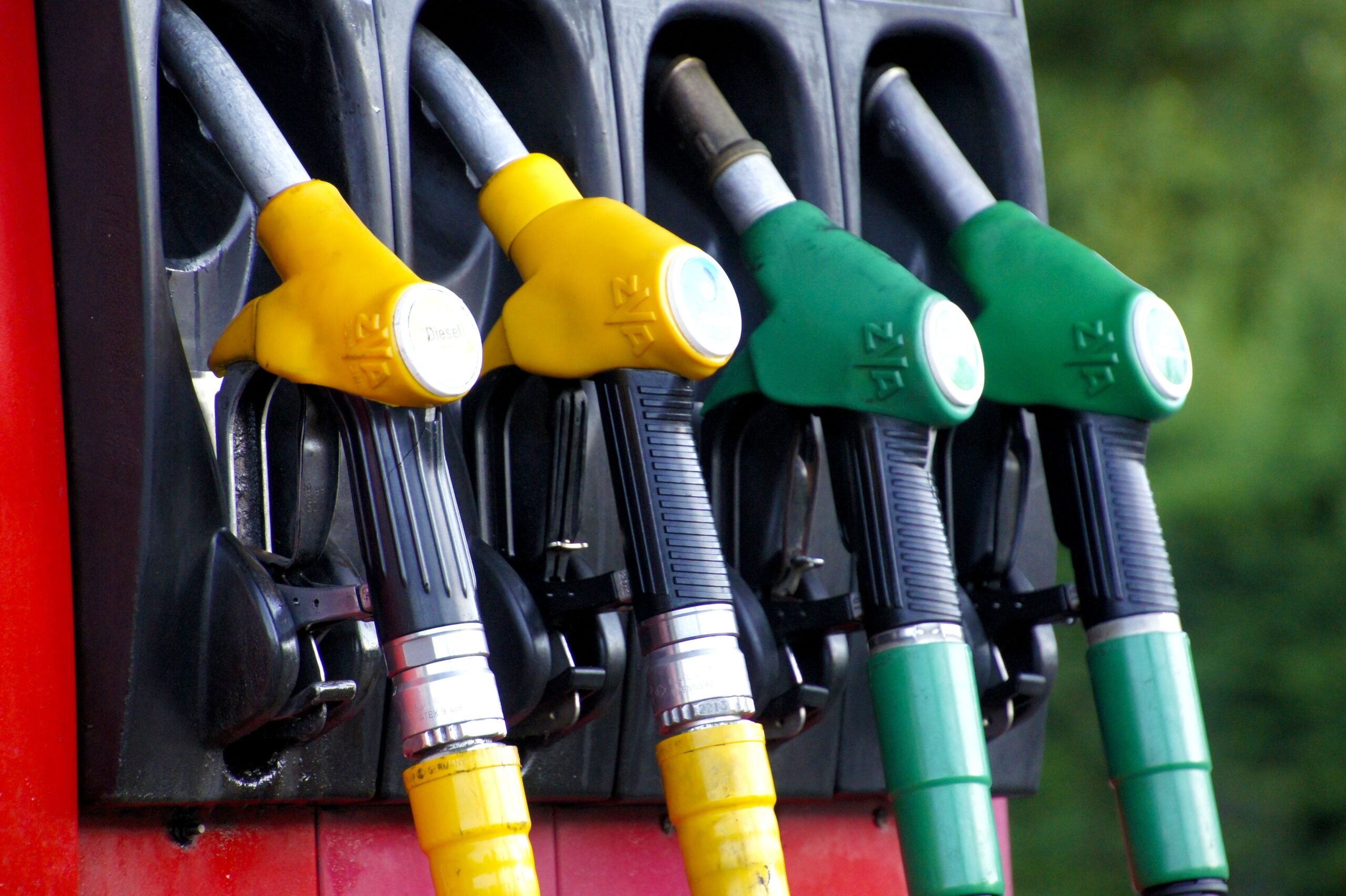
My 2007 Hyundai Accent has a bizarre problem. My car won’t start after getting gas unless I depress the gas pedal while cranking.
Other days it starts right up, but whenever I add fresh gas it has problems starting. It doesn’t matter how much gas is in the tank, and there is no check engine light.
Turns out this odd problem also happened to others that own Accents, Sonatas, and other vehicles, and there could be a few fixes. This post explains what may be causing your car to not start after getting gas, what might fix it, and how I approached this problem on my Accent.

What to Do If Your Car Won’t Start After Getting Gas and Its Potential Causes
Troubleshoot by Filling Up Under Different Gas Fill-Up Scenarios
I work with some knowledgeable people here at 1A Auto, so after sharing this with them, they gave me a some tests to confirm there wasn’t an external cause.
Before spending money on parts, try testing under different scenarios:
- Try different gas stations
- Slowly remove the gas cap
- Don’t place the gas nozzle in all the way
- Fill up to different amounts
- Drive different distances before filling up (e.g. one mile, ten miles, twenty miles, etc.)
- Try starting the engine in different temperatures
None of these options fixed the start-up problem, and some of our experts had never heard of this happening.
These Parts May Cause Your Car to Not Start After Getting Gas
Our experts suggested a part in the fuel and emissions system like the fuel pump, gas cap, fuel line, or another part like the purge valve could be the cause. After searching online, I found threads on Hyundai-Forums.com and CarGurus.com with others who had this exact issue with my car and solved it by replacing the vapor canister purge control valve. Since most of the people had success with this replacement, I took a chance.
How I Replaced the Purge Control Valve on the 2005 to 2010 Hyundai Accent
You can find the purge control valve right behind the throttle body.

It was fairly easy to replace and took about 10-20 minutes.

Replacing the Purge Control Valve
- Loosen both hose clamps on the air intake tube
- Unclip the air box housing clips
- Lift the air filter housing cover and remove the air intake tube from the cover
- Loosen the vacuum hose clamp with needle nose pliers
- Disconnect the vacuum hose from the air intake tube
- Remove the air intake tube from the throttle body
- Disconnect the connectors from the purge valve
- Loosen the hose clamp on the fuel hose, connected to the purge valve
- Remove the hose from the purge valve
- Release the purge valve from the bracket
- Loosen the hose clamp on the fuel hose connected to the purge valve
- Remove the hose from the purge valve
- Remove the purge valve
Reinstall is a reverse of the steps above.
Now My Car Starts After Getting Gas
After I replaced the purge control valve, she starts up fine.
Since my valve was stuck open, the purge valve sent fuel vapor into the engine at start up. Excess fuel vapor collected in the engine, flooding it before start-up. This explains the need to depress the gas pedal, which opens the throttle body up and brings in the extra air needed for combustion.
So good luck! This might not work for everyone, but for me and many others this solved a unique problem.
Replace Fuel and Emissions Parts Yourself
Browse tons of how-to videos and learn how to diagnose and replace fuel and emissions parts yourself from 1A Auto’s how-to video library.
Articles Related To Why Your Car Won’t Start After Getting Gas
- Car Smells Like Gas?
- Is Your Car Using Too Much Gas?
- Burning Oil Smell? [Diagnose & Fix Valve Cover Gasket Leak]
- Gas Cap Throwing a Check Engine Light? [Diagnose & Fix]
- Do I Need Premium Gas?
- Why Your Gas Mileage Gets Worse in Winter & What to Do About It
- Throttle Body Cleaning Tips [Expert Advice]
Shop Fuel and Emissions Parts


I did this replacement and it did not work. Also the vacuum tubing was so difficult to remove from the old purge valve it tore. You may need a $2 piece of 3/8″ vacuum tubing handy. I also replaced the purge solenoid by the evap tank. Very easy replacement but I still cannot start the car after filling up unless I put the pedal to the floor, etc. This thread and others seem to point to cleaning the throttle body. So I will look this up.
Similar Problem:
When car is hot, or if car was just filled at gas station, the car won’t start. Engine cranks very slowly.
Battery Tests good with load tester.
2. Popped the hood and wiggled the purge valve.
3. I hear a “CLICK!” when the purge valve UN-sticks.
4. Then the car starts right up.
Many people believed this was caused by a bad battery, corroded or bad battery starter cables, or a bad starter. But it wasn’t any of those things apparently.
5. Will report back after more tests, but I’m going to change the purge valve and confirm if that stops the problem from happening.
Hello Michael
Any updates? Asking I have a 2017 chevy sonic, same problem. Only when I add gasoline the car is slow to crank. Also my check engine light is on.
I changed my whole Evap system purge valve Evap canister Feul pump fuel injectors spark plugs battery feul rail line Feul pressure regulator and car still won’t start after I get gas I have to press the gas for a long time and put car in drive for it to turn over but after I get it to start the first time the car drives fine until it’s time for me to get gas again what could be the reason